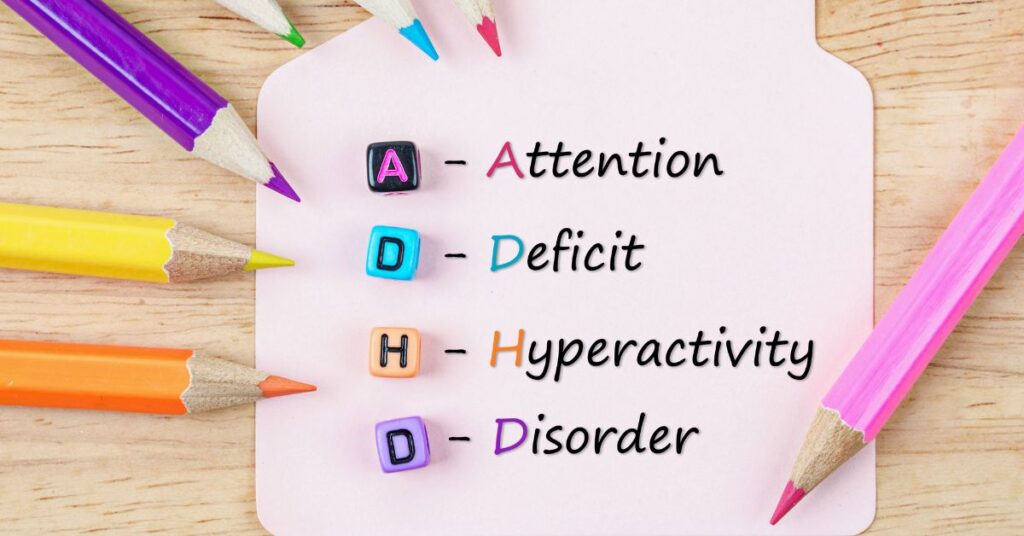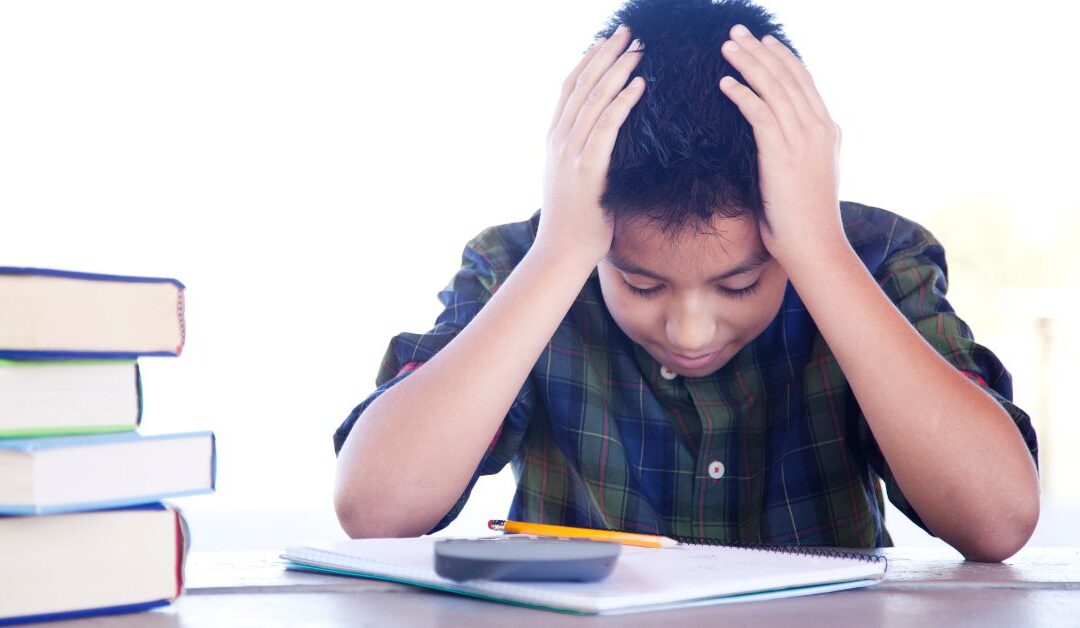It seems to me like parents are not as surprised when their child is diagnosed with ADHD. In many cases, you may have seen the signs for a long time before you finally talk to your child’s doctor about being tested. Some of those signs are hyperactivity that makes it seem like your child is running on a motor. Or you observe impulsive behavior, difficulty focusing on schoolwork or tasks, emotional dysregulation and more. But what do you do once your child receives an ADHD diagnosis?
Our experience
Our son J was diagnosed with ADHD two years after he was diagnosed with Asperger’s Syndrome. I had originally taken him to be tested for ADHD at age 4. This was because he was extremely hyper, incredibly impulsive, and distracted and inattentive at preschool. In my heart, I knew he had ADHD.
However, the psychologist had to hold off on an ADHD diagnosis once she diagnosed him with Asperger’s Syndrome. Asperger’s has a hyperactivity component to it, and she couldn’t be sure he had ADHD too until he was in elementary school and could see how he did there. So, we had to wait two years before he was diagnosed with ADHD.
Since I had already been through what I felt like was the tougher diagnosis of autism (because I didn’t know much about it, and it was a surprise), dealing with the ADHD diagnosis was easier for me. I knew the education drill and how to proceed with getting J the help he needed.
ADHD education: Finding credible resources

One of the first and best things you can do after a diagnosis is educate yourself about ADHD. There is a lot of information, but not all of it is good. Therefore, you want to be sure that you are learning from credible resources.
A great resource is CHADD (Children and Adults with Attention Deficit/Hyperactivity Disorder). CHADD is an organization that provides ADHD education to healthcare professionals and patients, family support programs and advocacy for the rights for people with ADHD. This was one of my go-to places for good information and help for ADHD.
Another wonderful online place for information is the ADHD Resource Center from the American Academy of Child & Adolescent Psychiatry. It provides a wealth of articles and videos about ADHD, and it offers a parent’s guide for ADHD medication.
The Centers for Disease Control and Prevention also offers a section about ADHD on its website. It is a good place for materials to increase your knowledge about ADHD.
Dr. Russell Barkley is a renown authority on ADHD. He has several books available about the subject. I read his book Taking Charge of ADHD (affiliate link) when J was first diagnosed, and I found it so helpful.
If you are looking for a good book to help your child better understand their ADHD, check out ADHD & Me. This delightful, illustrated children’s book is about an eight-year-old girl named Malory. Malory describes the ups and downs of having ADHD and how it affects her at school and home. Malory also explains how ADHD makes her feel and how she can have a bad day if she doesn’t take her medicine.
If podcasts are your thing, then here are a few that I’ve listened over the years and found helpful:
- ADHD Experts by ADDitude
- Beautifully Complex (formerly Parenting ADHD) by Penny Williams
- ADHD reWired by Eric Tivers
Talk to your child’s doctor about treatments
Once you have your child’s diagnosis, you want to talk to their doctor about treatments. Many times, this will lead to a discussion about medication. Choosing to medicate your child is a big decision. I covered things to consider and questions to ask your child’s doctor in this blog post.
There are also non-medication treatments for ADHD too, so it will be important to discuss which ones would be a good fit for your child and their needs.
CHADD offers a detailed overview of treatments on their website that you may find helpful.
Why do so many autistic children also have ADHD?

Research has shown that more than 50 percent of people with autism also have ADHD, and that number could be as high as 70 percent.
That is a very high rate for co-morbidity. Why is this happening? That is the question that scientists are asking and trying to find answers. They are looking at genetics and brain development to determine if there is a biological answer to this question. I found this article in Spectrum News intriguing as it highlights some current theories and research ongoing in this area.
I hope that one day we will know more about this dual diagnosis and its causes.
Incorporating ADHD into your child’s IEP for autism
If your child has ADHD only, then they may be eligible for a 504 plan for support and accommodations at school. However, if your child already has an Individualized Education Plan (IEP) for their autism, then you can incorporate some accommodations for their ADHD into their IEP.
We did this for my son J. When he was in elementary school, we added movement breaks during the day to his IEP. Another important accommodation we included was that recess could not be taken away from him for disciplinary or other reasons. He needed to be able to run and move during that time to help him better focus during the day. I had to fight for that to be added and then in his first-grade year, I had to actively enforce it when his teacher kept taking recess away for discipline.
Discuss accommodations with your child’s special education team and teacher to determine what is best for your child and to see if an addendum can be added to the IEP if your child receives an ADHD diagnosis off cycle of the IEP discussions.
Taking these steps can all go a long way to help you better understand ADHD and ways to help your child or teen. If you have other suggestions to help parents, leave a comment below so that we can share and encourage one another along this journey.
Additional resources
In addition to the ones that I listed above, here are some more resources that could help.
ADHD Parenting a Complex Child: Learn to Become a Yell and Frustration-Free Parent (affiliate link)
Raising a Child with ADHD: A Modern Approach for Parents to Understand, Discipline, and Empower Kids for Success and Happiness in School and Life (affiliate link)
Parenting a Child with ADHD: How to Prepare Your Child for School Life, Integrate Executive Functioning Skills, and Foster Successful Friendships (affiliate link)
A Dragon With ADHD: A Children’s Story About ADHD (affiliate link)
Train Your Dragon to Focus: A Children’s Book to Help Kids Improve Focus, Pay Attention, Avoid Distractions, and Increase Concentration (affiliate link)







